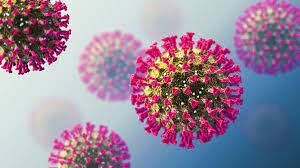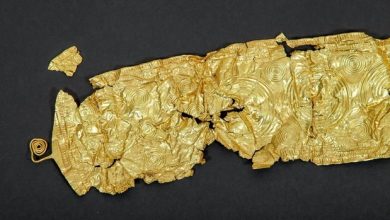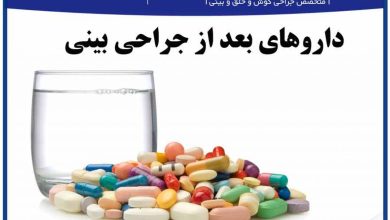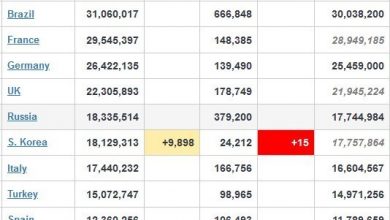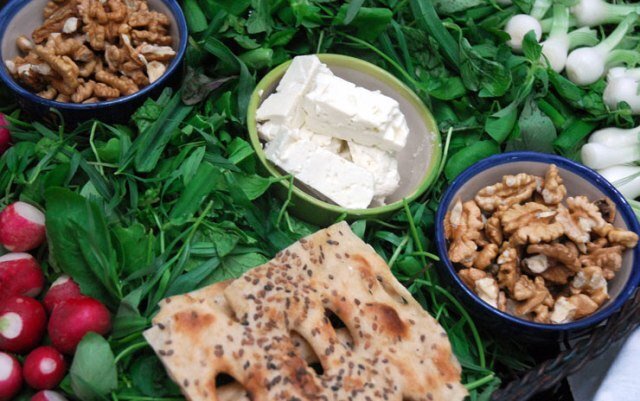
Many people think that they should eat foods rich in fats and calories at dawn so that they do not feel hungry during the day, but you should know that eating foods rich in fats, especially in hot weather, causes extreme thirst and dehydration. .
It is best to eat high-fiber foods such as fruits and vegetables for breakfast. Foods rich in fiber absorb a lot of water, and the body can absorb it slowly, and the feeling of thirst is delayed.
On the other hand, it is not recommended to drink a lot of water during Iftar, especially between meals, because it dilutes gastric juice and digestive enzymes and disrupts the process of digesting food.
Avoid drinking a lot of tea at breakfast, because tea increases urination and the loss of mineral salts that your body needs throughout the day.
Contrary to what some believe, fasting without Suhoor not only leads to weight loss, but due to the sharp decrease in blood sugar during the day, it makes the fasting person more inclined to eat sweet and fatty foods during Iftar, and this ultimately leads to weight gain and obesity.
It is not recommended to eat sweet foods during breakfast. Consuming sweet foods by stimulating insulin causes blood sugar to enter the cells and thus lower blood sugar. In this way, eating sweet foods that contain simple sugars in the morning meal causes a person to feel hungry sooner. Since fruits also contain simple sugars, it is recommended that they be consumed less during breakfast. It is best to eat fruits that contain vitamins and minerals during breakfast or between iftar and pre-dawn.
According to the announcement of the Ministry of Health to improve nutrition, to reduce thirst, you can use lemon and eat vegetables and salad in the morning meal. Also, at dawn, avoid eating dry foods such as ground coconut, coconut vegetables, cutlets, and all kinds of kebabs, as well as eating zulbia, sweet and fatty halva, foods prepared with many spices, mayonnaise, cream, sausages, sausages, and other prepared foods. To eat avoid causing thirst.
Use cereals and legumes as much as you like in your breakfast combinations to prevent low blood sugar during fasting and to prevent constipation. Vegetables contain many nutrients and water, and in addition to providing the vitamins and minerals needed by the body, they prevent thirst during the day.
